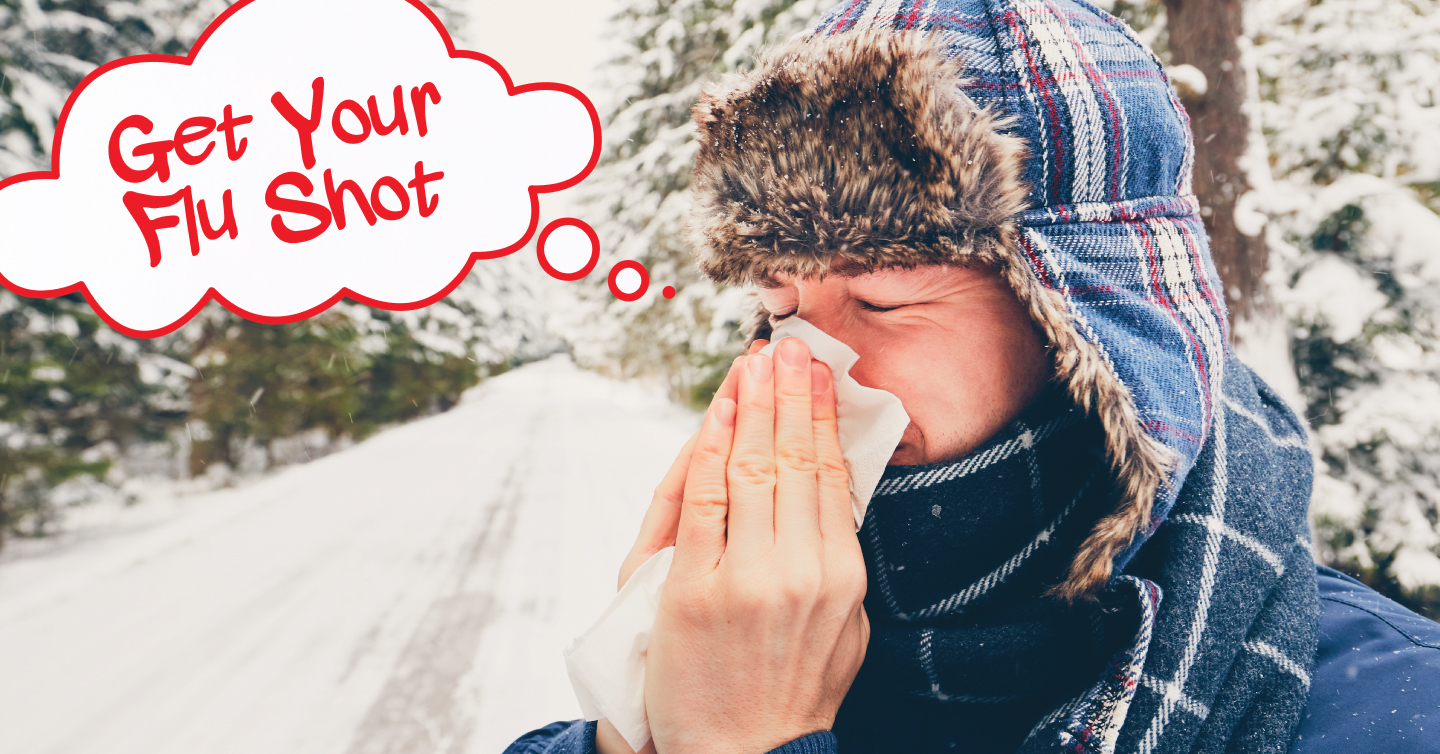Safely Enjoy the Long Daylight Hours of Summer

Ways to Stay Healthy in Summer’s Long Nights
By Amanda Springstroh, Quality Care Coordinator
One of the best things about summer is getting outside and soaking up the warm sunshine, cool night breezes and socializing with friends and family. Although our means of socializing and passing time have been different due to the safety measures individuals are undertaking to fight the spread of the coronavirus, these long days still make life more enjoyable.
This extended sunlight, however, can lead to other health-related concerns. Being aware of some simple health and safety tips will keep a smile on your face in the heat of summer.
Stay hydrated all summer long
Dehydration can quickly occur with overexposure to the sun if you’re not taking in as much water as you are losing. Our bodies attempt to naturally cool ourselves down by perspiring. In extreme heat or during vigorous activity, it fails to do so. Even if you don’t feel like you’re sweating, your body is losing moisture in the heat.
Staying hydrated and drinking water is a crucial health component for summer. Experts recommend drinking water every 20 minutes when outside in the heat with at least 64 ounces a day being a baseline recommendation. Limiting alcohol consumption and caffeine intake are key to staying hydrated.
Dehydration and heat-related illnesses are the top related health conditions of summer. Ensuring you take in more fluids than you lose is your key to success. Schedule physical outdoor activities for the cooler evenings or early morning when the sun's UV rays are not as strong.
If you become dehydrated and cannot cool yourself down, you can suffer from a more life-threatening condition like heat stroke. Heatstroke is characterized by confusion, nausea, dizziness, headache, fainting and/or loss of consciousness. Seek immediate medical attention if you suspect you or someone you know is having a heatstroke.
Summer foods
Summer is a great time for fresh produce. With a harvest season from June through September, you’ll be able to take advantage of all these colorful and vitamin-rich fruits and veggies. From farmers markets, crop-sharing arrangements to growing in your own backyard garden, it’s a great time to be inspired and try new foods. Grilling out offers a great opportunity to enjoy this delicious natural food in a fresh way.
Keep in mind that, since bacteria multiply quicker in warmer temperatures, food-borne illnesses peak in summer. Exercise caution when preparing food outdoors or prepare food indoors and bring outside to serve. Be cautious of food that's been sitting out and wash your hands properly before eating.
Bugs, bugs everywhere
Everyone loves summer, including those pesky bugs. Bees buzz around. Ants help themselves to your home and your food and clouds of mosquitos swarm when the temperature becomes nice for outdoor activities. Here are a few tips to not let those bugs "bug" you.
Bees
Although bees are extremely helpful for pollination and providing honey, bee stings can be painful and even life-threatening. If you have a known allergy, discuss steps you need to take with a personal doctor. Keep food and trash cans covered, avoid sweet-smelling perfumes and socializing by flowers or flowering plants.
Ants
Around the world, there are more than 12,000 species of ants. Some, native to this region, can sting. Ants are typically out looking for food and water. Good kitchen hygiene is the best way to keep ants out. Keep food sealed or covered and keep your kitchen free of crumbs and spills. Seal cracks and holes in your home’s exterior. Cleaning surfaces with soap and water kills the chemical trails that ants follow and is also a great way to prevent these pests.
Mosquitos
Besides being an annoyance and causing itchy bites, mosquitos are known to carry dangerous diseases. West Nile Virus is carried by local mosquito species and can lead to serious health complications. Experts recommend wearing clothes that cover arms and legs to keep mosquitos away from tasty extremities. Avoid areas of standing water and use insect repellent containing DEET, picaridin oil or lemon eucalyptus.
Ticks
No one wants to think about these spider looking creatures. Unfortunately, it is a good idea to know the basics of tick prevention. Ticks are most often found in wooded areas and tall grasses. Like mosquitos, wearing light-colored clothing with sleeves and pant legs is a sure way to keep ticks away. Using insect repellent containing DEET will help you when you are outdoors.
The most dangerous tick, the deer tick, is most likely responsible for spreading potentially life-threatening diseases such as Lyme Disease, so knowing how to avoid a bite is crucial in making the most out of your summer hours and avoiding dangerous health complications.
A tick will generally not infect you unless it has been burrowed in your skin for more than 24 hours, making early detection also important. For that reason, check yourself, your children and any outdoor pets for ticks after coming in from a day outdoors.
‘Bee’ Aware of Bites and stings
While most bites and stings heal on their own, it’s crucial to know when you need to call for care. Symptoms to look for when determining whether a bite is an emergency include rash, hives, swelling of the throat, mouth, lips or tongue, trouble breathing, feeling lightheaded, being confused or having a loss of consciousness. If you believe you have contracted an insect-borne disease, seek immediate help for diagnosis and treatment.
Fire safety
Warm summer evenings can be the perfect setting for grilling or roasting marshmallows over a bonfire. Take precautions to make sure everyone stays safe during the summer nights. Never use an accelerant to start or refuel the fire. Beware of any gas cans in the area. They can heat up, explode and cause significant injury.
Always supervise children and assure they stay clear of playing near the fire. Finally, keep a bucket of water or a hose nearby in case of an emergency. Ensure all embers are extinguished before calling it a night.
Getting those ZZZ's
You may find yourself staying up late to enjoy those summer nights, but keep in mind that an evening out can lead to exhaustion and sleep deprivation the next day. Attempt to keep a consistent bedtime as often as possible, allowing 30-60 minutes of time for your body to wind down before turning in.
You should continue to aim for eight to nine hours of sleep per night. Ideal sleeping temperatures for a restful night are between 60-67 degrees Fahrenheit, which can be a stretch in the summer. To keep this ideal sleeping temperature during the warm months, close blinds and windows during daylight, and choose pajamas and sheets that are comfortable, cool and breathable.
Enjoy summer safely
Summer can be a favorite time of year where memories are made. Get the most out of these warm months, staying happy and healthy needs to be a priority. As with most illnesses and injuries, those that occur during the summer are usually preventable. By remembering a few simple safety tips, you’re sure to have a great remainder to your summer.
For more information on how to get the most out of your summer and the seasons which follow, contact us today.



